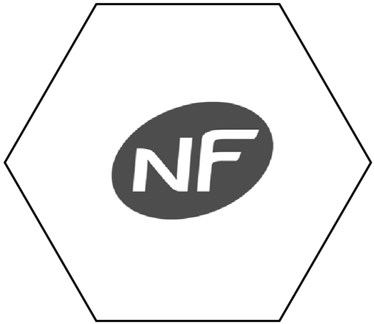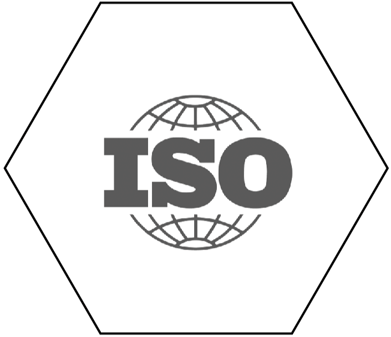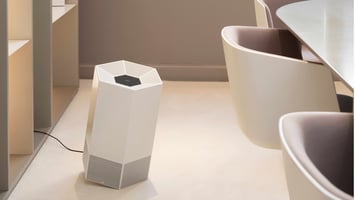Essential standards in air purification
In France and Europe, air treatment with air purifiers is a novelty on the market, which seeks to structure itself as best it can. Today, standards are gradually emerging and are complementing each other to help us see things more clearly. Indeed, respecting them is a guarantee of quality for professional air purifiers, which must meet more exacting criteria than those intended for the general public. These standards define the selection criteria when it comes time to install an air purifier, and thus allow a better visibility on the effectiveness of the different devices in air treatment. The JVD team has gathered for you the crucial standards to be met by a professional air purifier.

NF EN 16846-1
EN 16846-1 is a standard that measures the effects
of air purifiers on families of chemicals, as well as their
harmlessness.
NF EN 1822
EN 1822 is a standard that measures the effects of the
filters used in air purifiers. It does not assess the quality of
the purified air, which is dependent on many other factors
including the product’s air flow.
NF B44-200
NF B44-200 measures the effects of air purifiers on bacteria, mould, VOC and allergens. It is one of the most comprehensive standards, guaranteeing the quality of an air purifier.

ISO 16890
ISO 16897 measures the effects of air purifiers on
particulate matter (PM).
ISO 16000-37
ISO 16000-37 is a standard that measures the effects of
air purifiers on bacteria and mould.
JVD’s Shield range of air purifiers strictly comply with these 5 standards. Find the performance results related to the passage of these standards here. For more information on the NF B44-200 or ISO 16000-37, visit the websites of the ISO and AFNOR certification bodies.





Laissez un commentaire